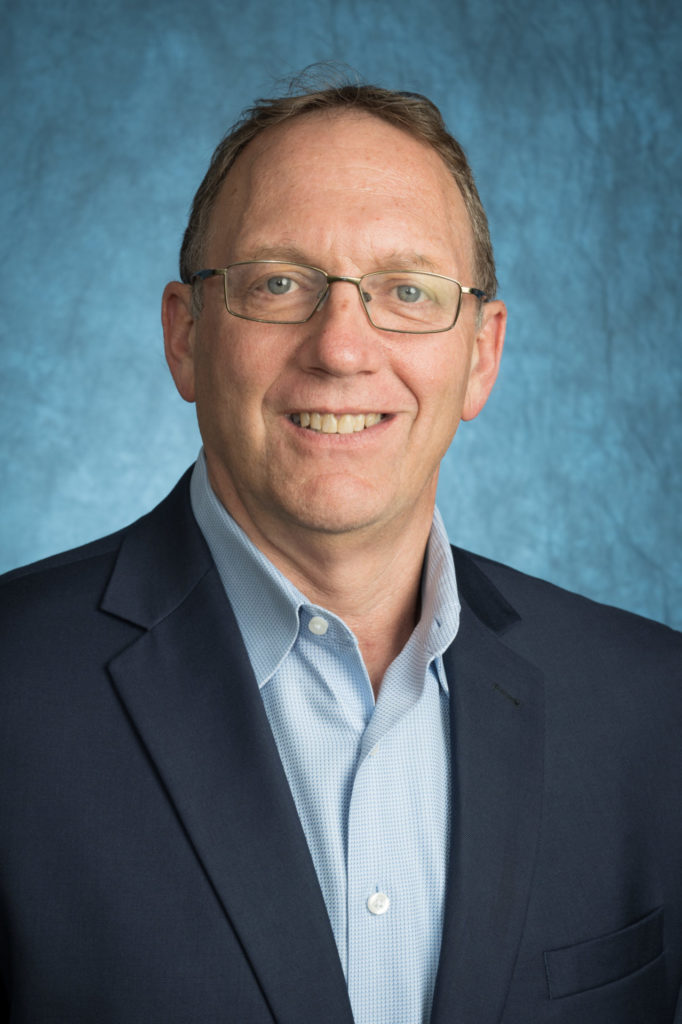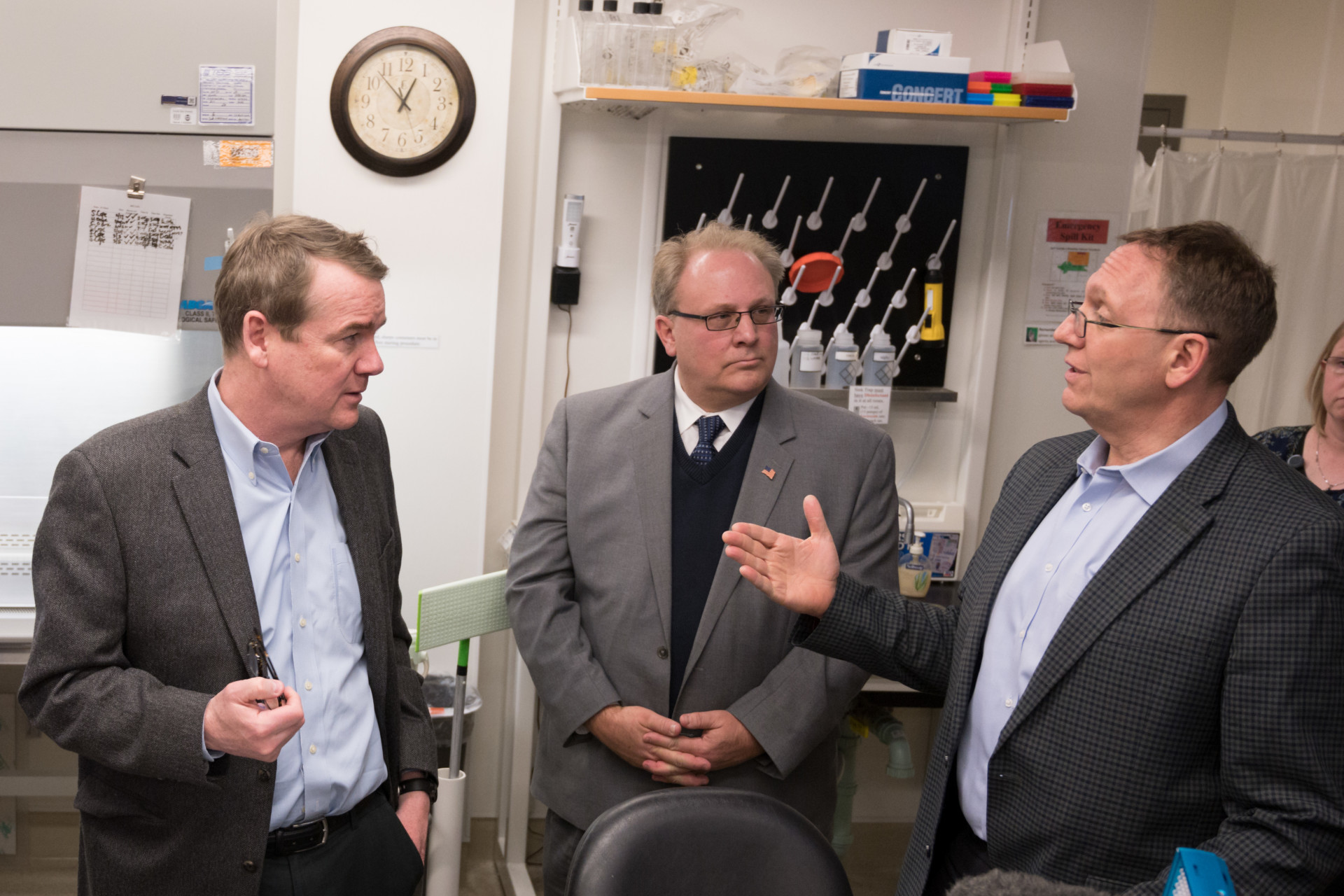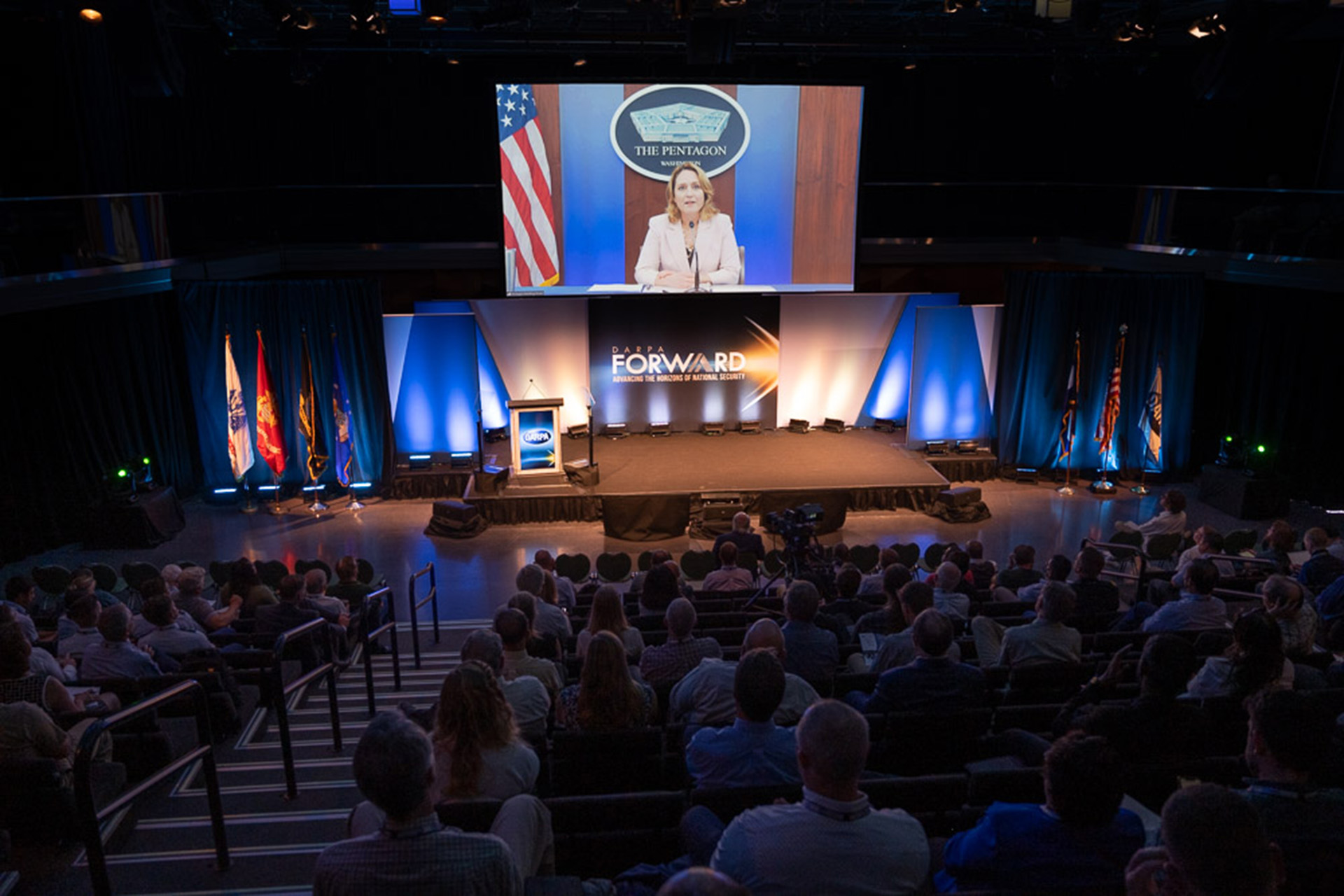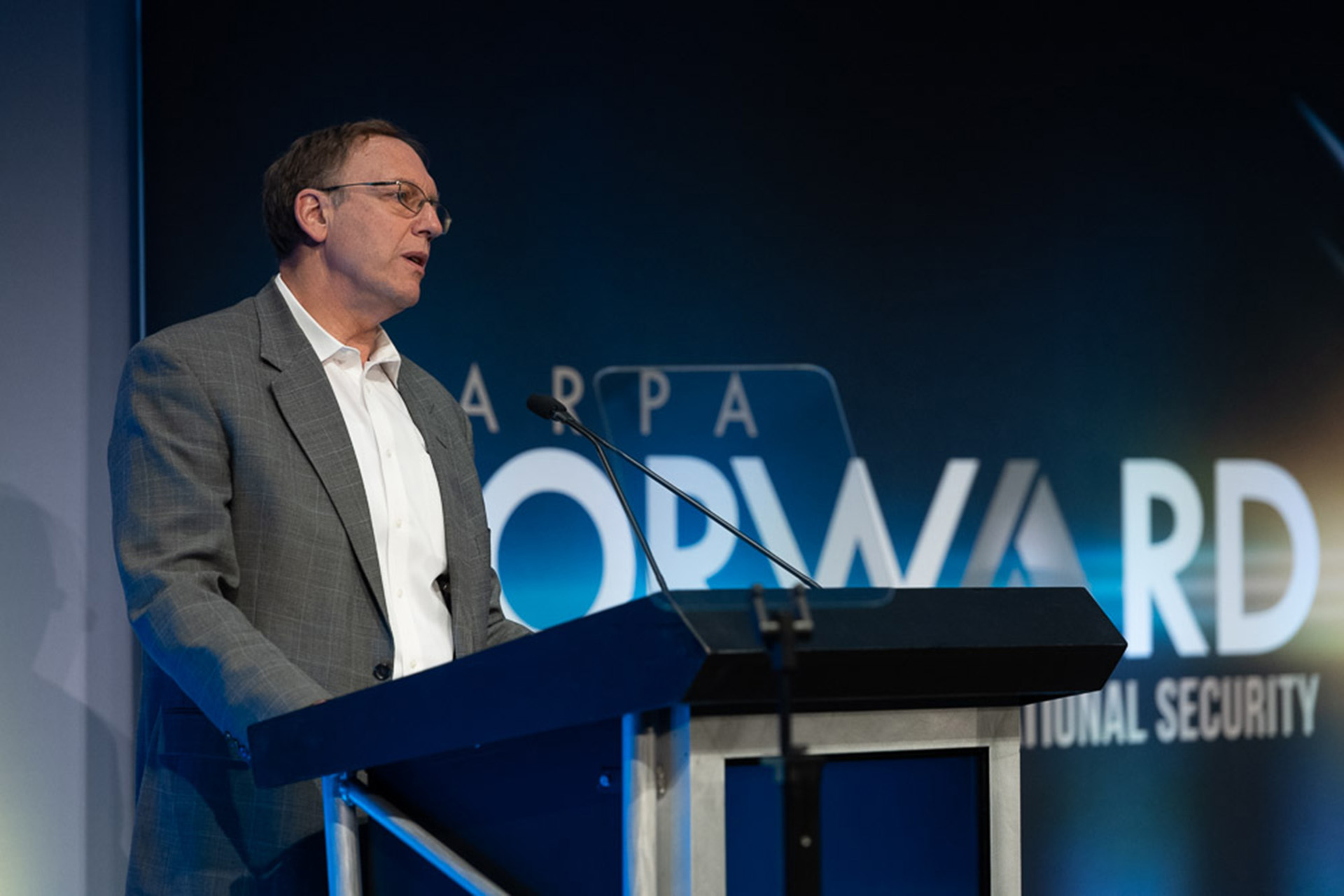
Alan Rudolph, the executive who guided CSU’s multimillion dollar research enterprise to new heights and national recognition the past 10 years, announced that he will be leaving the university effective July 1.
Through vision and determination, Rudolph infused the Office of the Vice President for Research with an entrepreneurial spirit, launched multiple interdisciplinary research endeavors and built a web of collaborations across business, government, academia and foundations from Colorado to Washington, D.C.
Today, CSU researchers are active in dozens of countries around the world. The university’s total sponsored expenditures reached $456.9 million in the past fiscal year. That’s up about $10 million from the previous record of $447.2 million, which had eclipsed the year before (2019-20) by 10%. Research expenditures have increased 46% during Rudolph’s tenure.
The OVPR has doubled the number of centers and institutes, including the Center for Healthy Aging, One Health Institute and Data Science Research Institute. CSU ranks among the top tier of research universities in the United States.
“It has been a decade of significant impacts by our research community, and for that I am truly grateful to all of you,” Rudolph said in a message to the CSU community last week. “I hope I have played a small role in contributing to unprecedented success of our amazing research and innovation ecosystem. I am proud of the growth in CSU research impacts and the interdisciplinary teaming opportunities we have created amongst many other activities we led in discovery and innovation across campus and in the region.”
Rick Miranda, CSU interim president, said Rudolph impacted the research enterprise across the entire university. He said CSU will soon launch a national search for a new research vice president.
“It’s been a decade of consistent research growth, both in external research revenues and in other measures of impact, with a broadening and acceleration of accomplishments and productivity across all sectors of the campus,” Miranda said in a message to the CSU community. “Alan obviously leaves big shoes to fill.”
Come summer, the opening at OVPR creates yet another key leadership vacancy for incoming CSU President Amy Parsons to fill. The research enterprise is a major contributor to the university’s economic wellbeing as well as to the burgeoning technology innovation ecosystem along the Front Range. Nearly $4 of every $10 in revenue to the CSU university system comes from research. Parsons begins her new role Feb. 1.
“It’s been a decade of consistent research growth, both in external research revenues and in other measures of impact, with a broadening and acceleration of accomplishments and productivity across all sectors of the campus. Alan obviously leaves big shoes to fill.”
— Rick Miranda, CSU interim president
Rudolph’s tenure is marked by notable achievements.
For example, CSU researchers were on the front lines of the COVID-19 pandemic response. As the university, and much of society, closed for two years, the OVPR spearheaded programs to protect public health and students. CSU experts deployed a test to detect SARS-CoV-2 in samples from the sewers of Colorado, partnered with the state Department of Public Health and Environment to test staff at every nursing facility, and provided COVID-19 tests to the university’s 32,000 students. For those efforts, and more, CSU ranked as one of the top universities in the country for addressing the coronavirus crisis.

U.S. Sen. Michael Bennett (left) met with Rudolph and Raymond Goodrich, executive director of the Infectious Disease Research Center, in 2020 for an update on CSU’s research on COVID-19.
His tenure is marked by collaborative partnerships consistent with the university’s land-grant mission to build and share knowledge to benefit the community.
Rudolph founded the Coalition for Epi Response, Engagement and Science, a consortium of six U.S. land-grant universities working to protect U.S. agriculture and food systems from disease threats. The coalition produced a landmark report on ag biosafety threats and will host a conference in Washington, D.C., scheduled for April 24-25.
He helped launch many new initiatives at CSU, including the Institute for Research in the Social Sciences, a new Drone Core Research Center, the Center for Healthy Aging, the One Health Institute and the Data Sciences Research Institute, amongst others. Each of these efforts were notable in the focus on interdisciplinary team science and included the study of team formation and dynamics that contributed to these successes.
In addition, the Catalyst for Innovative Partnerships program seeded efforts such as the Partnership for Climate and Health, Soil Carbon Solutions Center, B-Sharp and Mental Wellness, Rural Wealth Creation, Food Systems and Security and Climate Adaptation Partnership.
In a partnership with Zoetis, the world’s leading animal health company, the company based its research lab on the CSU Foothills Campus. There, about 40 corporate and university scientists conduct research to seed innovations for livestock animal health.
Rudolph came to CSU with extensive background in national security and Department of Defense-related programs. During his tenure he launched a new Office of Defense Engagement to align CSU with the DoD, technology companies and other universities to confront cybersecurity threats to business, the military, lab research and hospitals, among others. Last year, the DoD brought its first regional DARPA Forward conference to CSU, attracting more than 700 participants for a two-day series of panels and speakers pursuing innovative solutions to push the boundaries of national security.


The federal agency responsible for U.S. military-focused research and development took over CSU in 2022 for the first of six DARPA Forward conferences.
CSU’s research prowess makes the university a magnet for top officials. Recently, CSU hosted documentary filmmaker Frederick Marx (“Hoop Dreams”), White House pandemic chief Dr. Matthew Hepburn and Dylan George of the U.S. Centers for Disease Control and Prevention. Gov. Jared Polis, U.S. Senators Michael Bennett and John Hickenlooper, U.S. Rep. Joe Neguse and USDA Secretary Tom Vilsack, among others, have also visited CSU research facilities.
While Rudolph did not disclose his next steps, he said he will spend the coming months deliberating over future opportunities that “promote my lifelong learning journey and create new opportunities to engage industry, government and academic communities.”
In announcing his departure to the leaders of OVPR’s 236 employees, Rudolph likened his experience to following in the footsteps of his late uncle Will Schwartz, founder of the Fort Collins Symphony in 1949, a CSU music professor and the man who introduced Rudolph to the university.
Said Rudolph: “This has very much been an experience akin to conducting an orchestra, and the amazing researchers are all players and composers of the impacts of discovery and innovation here at CSU.”